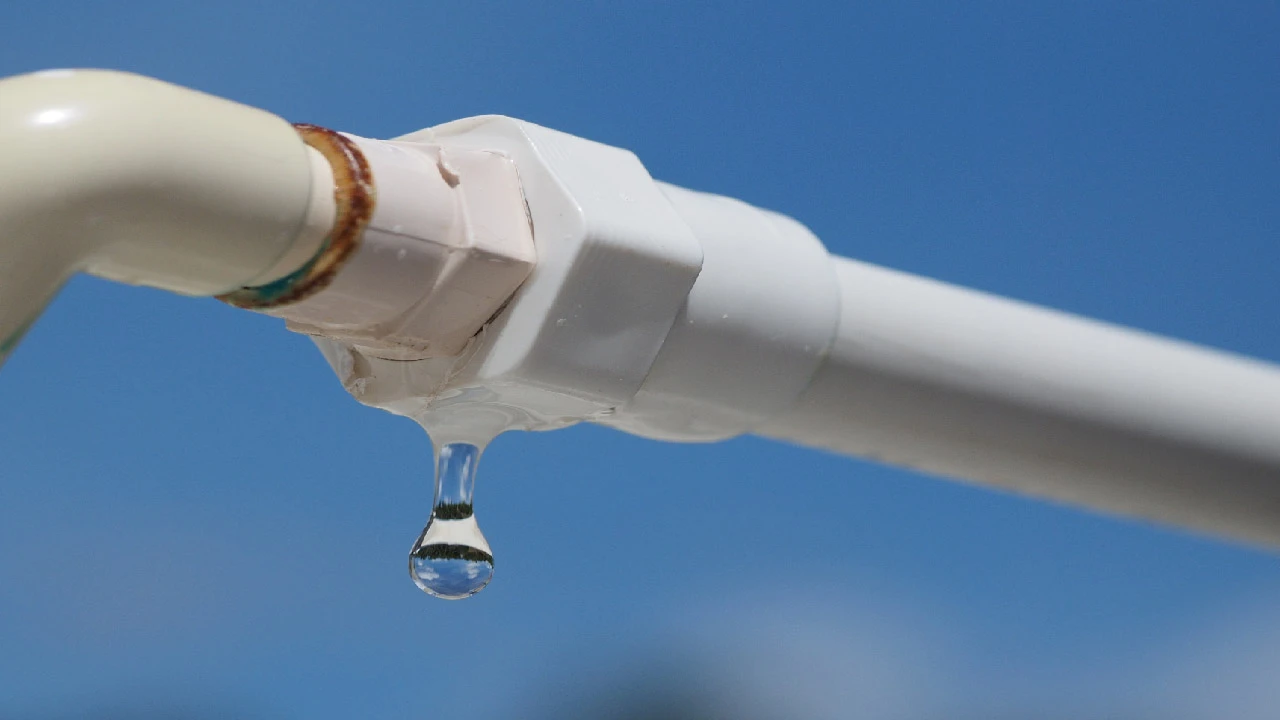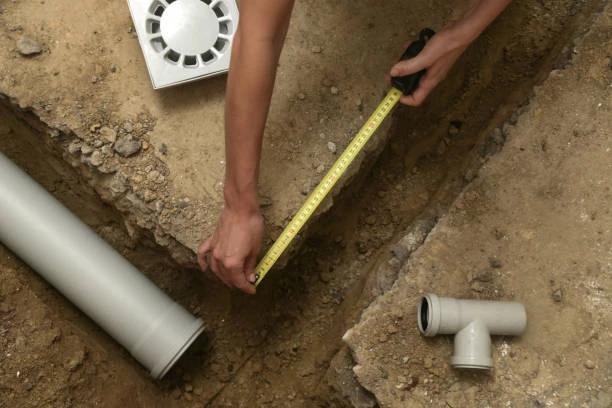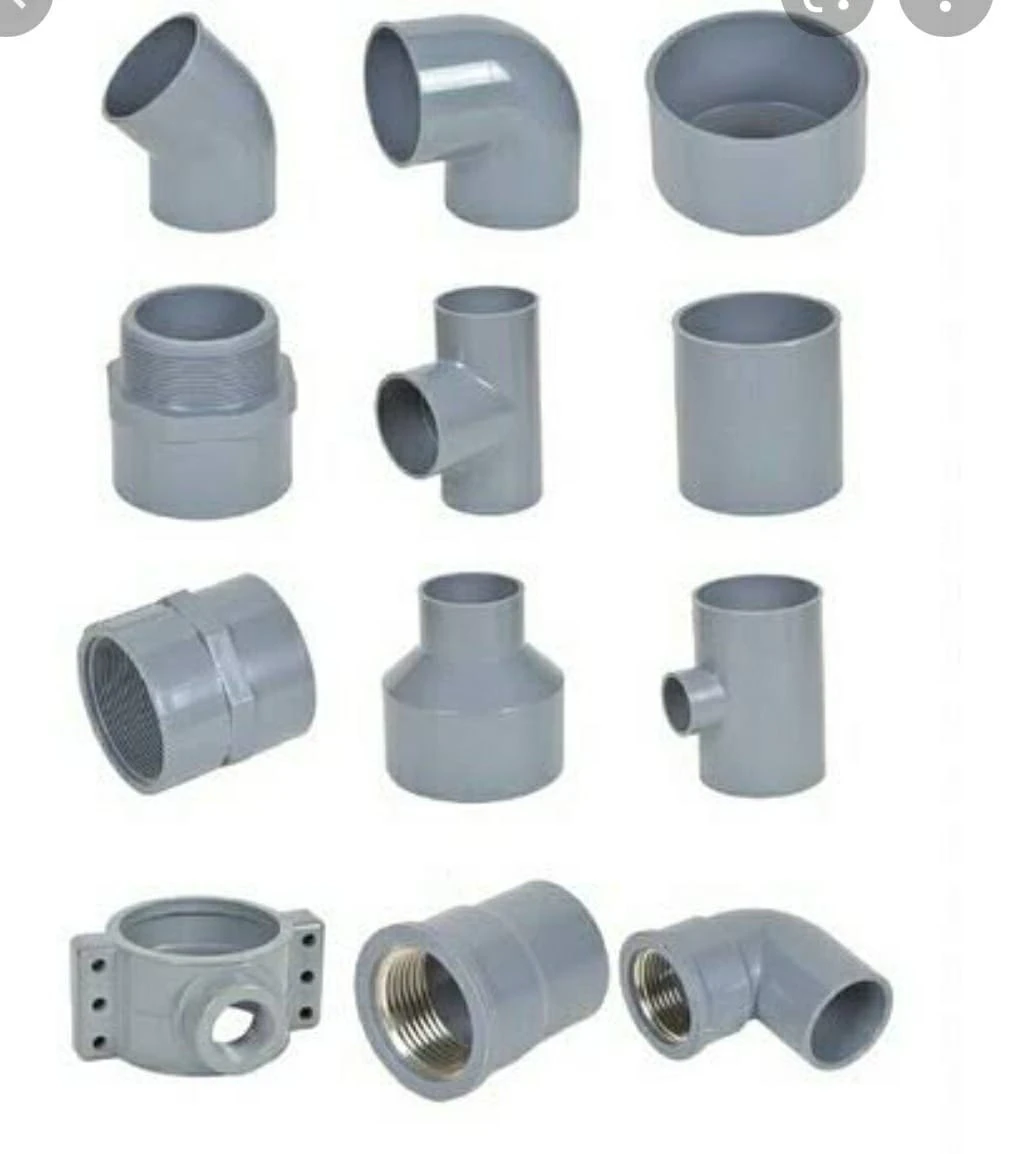PVC Pipe GB have become a staple in water infrastructure projects, offering a range of benefits that make them a preferred choice over traditional materials. From residential water supply systems to large-scale municipal projects, PVC Pipes GB deliver reliability, cost savings, and ease of use. This article delves into the reasons behind the high regard for PVC pipes in water infrastructure and explores their numerous advantages and applications.
Why PVC Pipes Excel in Water Infrastructure
Durability and Longevity
One of the primary reasons PVC pipes GB are favored in water infrastructure projects is their remarkable durability. PVC pipes are resistant to:
- Corrosion: Unlike metal pipes, PVC does not rust or corrode, ensuring a longer lifespan and reduced maintenance.
- Chemical Damage: PVC pipes can withstand various chemicals, making them suitable for a wide range of applications in water and wastewater systems.
Cost-Effectiveness
PVC pipes are known for their affordability, which contributes to cost savings in both installation and maintenance. Key factors include:
- Lower Initial Cost: PVC pipes GB are generally less expensive than metal or concrete alternatives, reducing overall project costs.
- Reduced Maintenance: The resistance to corrosion and chemicals translates to lower maintenance requirements and fewer replacements over time.
Ease of Installation and Maintenance
PVC pipes offer significant advantages in terms of installation and maintenance:
- Lightweight: PVC pipes GB are lighter than metal or concrete pipes, making them easier to handle and install.
- Simple Joining Techniques: PVC pipes GB use solvent welding or mechanical fittings, which are quicker and easier than methods required for metal pipes.
Applications of PVC Pipes in Water Infrastructure
Water Distribution Systems
PVC pipes are commonly used in water distribution systems for both residential and commercial applications:
- Primary Distribution Lines: PVC pipes GB efficiently transport potable water from treatment plants to end-users.
- Service Connections: PVC is ideal for connecting main lines to individual properties due to its flexibility and ease of installation.
Wastewater Management
In wastewater management, PVC pipes GB play a crucial role:
- Sewer Lines: PVC pipes are used for underground sewer lines, offering a reliable solution for carrying wastewater and reducing the risk of leaks and blockages.
- Stormwater Drains: PVC pipes are employed in stormwater drainage systems to efficiently channel rainwater away from urban areas and prevent flooding.
Stormwater Drainage Systems
PVC pipes are effective in managing stormwater:
- Surface Drains: PVC pipes help capture and direct rainwater from streets and parking lots to prevent surface flooding.
- Underground Systems: PVC is used in underground stormwater management systems to control runoff and mitigate erosion.

Advantages of PVC Pipes Over Traditional Materials
Resistance to Corrosion and Chemicals
PVC pipes outperform traditional materials in resistance to corrosion and chemicals:
- Corrosion Resistance: Unlike metal pipes, PVC does not corrode, ensuring a longer operational life and consistent performance.
- Chemical Resistance: PVC pipes GB can handle a wide range of chemicals, making them suitable for various applications in water and wastewater systems.
Lightweight and Flexible
PVC pipes’ lightweight and flexible nature offers several advantages:
- Ease of Handling: Their light weight makes them easier to transport and install, reducing labor costs.
- Flexibility: PVC pipes can bend without breaking, accommodating changes in direction and reducing the need for fittings.
Low Hydraulic Friction
PVC pipes GB have low hydraulic friction, which contributes to:
- Efficient Flow: The smooth interior surface of PVC pipes minimizes friction loss, allowing for efficient water flow and reducing energy costs in pumping systems.
- Reduced Maintenance: The low friction reduces the likelihood of blockages and maintenance issues.
Case Studies and Examples
Successful Projects Using PVC Pipes
Numerous successful projects highlight the effectiveness of PVC pipes:
- Urban Water Supply Projects: Cities have utilized PVC pipes GB for extensive water distribution networks, resulting in reliable and cost-effective systems.
- Rural Infrastructure Developments: PVC pipes have been employe in rural areas to provide clean water and improve sanitation, demonstrating their versatility and affordability.
Lessons Learned and Key Takeaways
From these case studies, key takeaways include:
- Versatility: PVC pipes are adaptable to various applications, from residential to large-scale municipal projects.
- Cost Savings: The cost-effectiveness of PVC pipes GB contributes to budget-friendly infrastructure solutions.
Challenges and Considerations
Potential Limitations of PVC Pipes
While PVC pipes offer many benefits, there are some limitations to consider:
- Temperature Sensitivity: PVC pipes can become brittle at very low temperatures, which may affect their performance in cold climates.
- UV Degradation: Prolonged exposure to sunlight can degrade PVC pipes, although this can be mitigate with UV-resistant coatings.
Best Practices for Optimal Performance
To ensure optimal performance of PVC pipes:
- Proper Installation: Follow manufacturer guidelines for installation to avoid issues such as misalignment or joint failures.
- Protective Measures: Use UV-resistant coatings and ensure proper burial depth to protect pipes from environmental factors.
Future Trends and Innovations
Advances in PVC Pipe Technology
Future developments in PVC pipe technology may include:
- Enhanced Materials: Advances in PVC formulations could improve durability and performance.
- Smart Pipes: Integration of sensors and monitoring systems to track pipe conditions and detect issues early.
Emerging Applications in Water Infrastructure
PVC pipes GB are likely to find new applications, including:
- Smart Water Management Systems: Use of PVC pipes GB in advanced water management systems to optimize resource use and improve efficiency.
- Sustainable Solutions: Incorporation of recycled PVC and other sustainable practices in pipe production and usage.
Conclusion
PVC Pipe GB have earned high marks for their performance in water infrastructure projects due to their durability, cost-effectiveness, and ease of use.Their adaptability and benefits make them a reliable choice for both current and future projects.
FAQs
What makes PVC pipes suitable for water infrastructure projects?
PVC pipes are durable, resistant to corrosion and chemicals, cost-effective, and easy to install, making them ideal for various water infrastructure applications.
How do PVC pipes compare to other materials like metal or concrete?
PVC pipes offer advantages such as lower cost, resistance to corrosion, and ease of installation compared to metal or concrete pipes.
Are there environmental concerns associated with PVC pipes?
While PVC pipes are recyclable, the production process can have environmental impacts. It is important to balance these considerations with the benefits they provide.
What are the common applications of PVC pipes in water infrastructure?
PVC pipes are commonly use in water distribution systems, wastewater management, and stormwater drainage systems.
How can PVC pipes be maintained for long-term performance?
To ensure long-term performance, follow proper installation practices, protect pipes from UV exposure, and address any issues promptly to prevent damage.

















